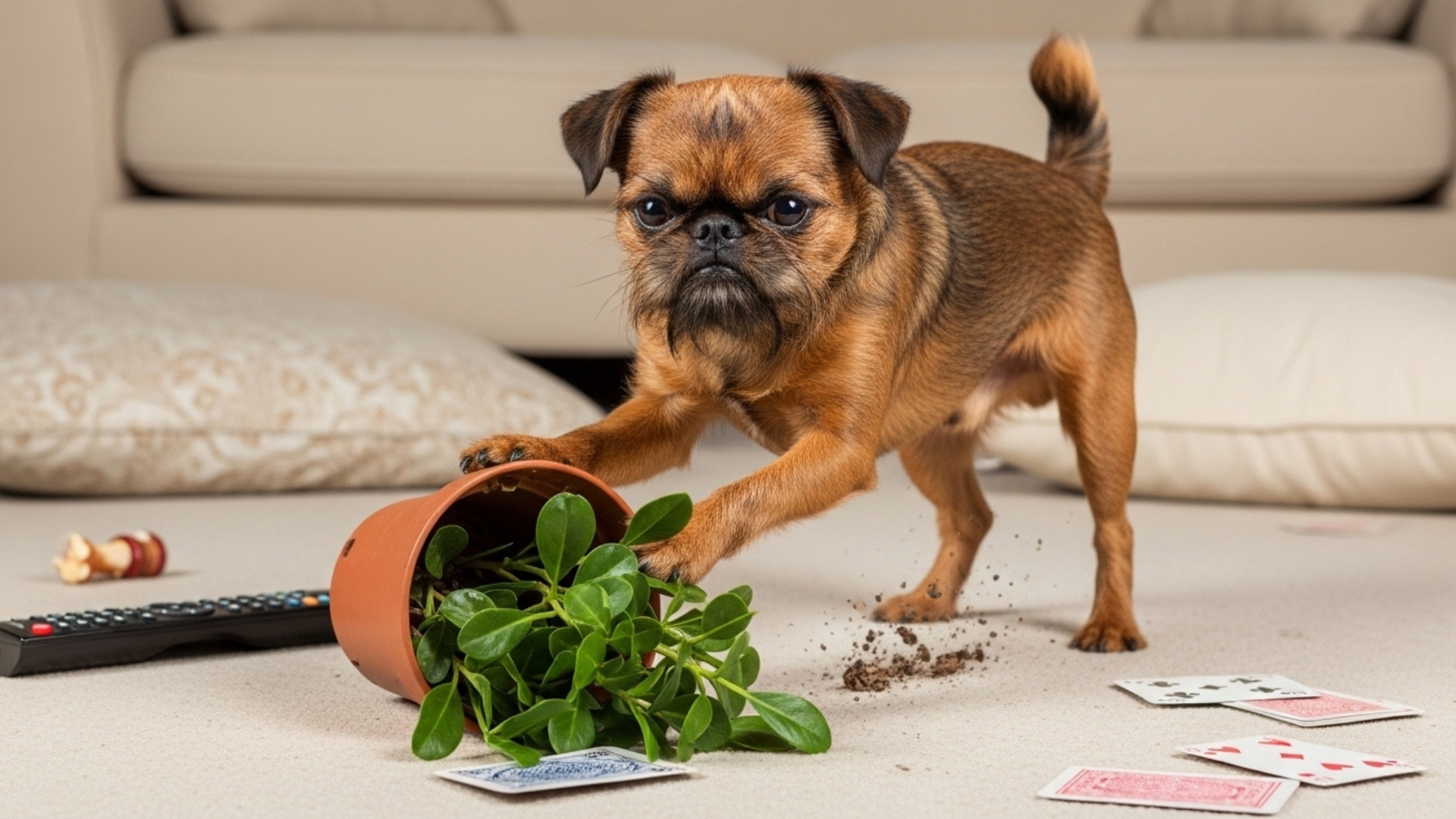Toy dog breeds may look small and gentle, but their personalities often fill the entire house. This can be a challenge for first-time dog owners. Families with young kids should pay extra attention to how these dogs behave.
According to AKC, breeds in the Toy Group are usually warm, friendly, and affectionate, but they are not short on personality. They may look innocent, but don’t let them fool you. These are actually very smart and energetic dogs.
Though small in size, these dogs can display aggressive behavior, which may cause problems if not addressed early for better control. However, if you seek help from a professional trainer, they can easily help you choose a dog with the fewest behavioral issues.
First, let’s look at the breed characteristics of these poorly behaved toy dogs.
Worst Behaved Toy Dog Breeds Ever
Some breeds aren’t just meant to take command. They’ll stare at you with those puppy eyes, then ignore you and walk away. You have no choice but to stay calm during obedience training, as it requires a lot of patience to see results.
Let’s read about these little mischief-makers and identify the worst one, especially if you’re considering being pet parents to avoid trouble.
1. Pekingese
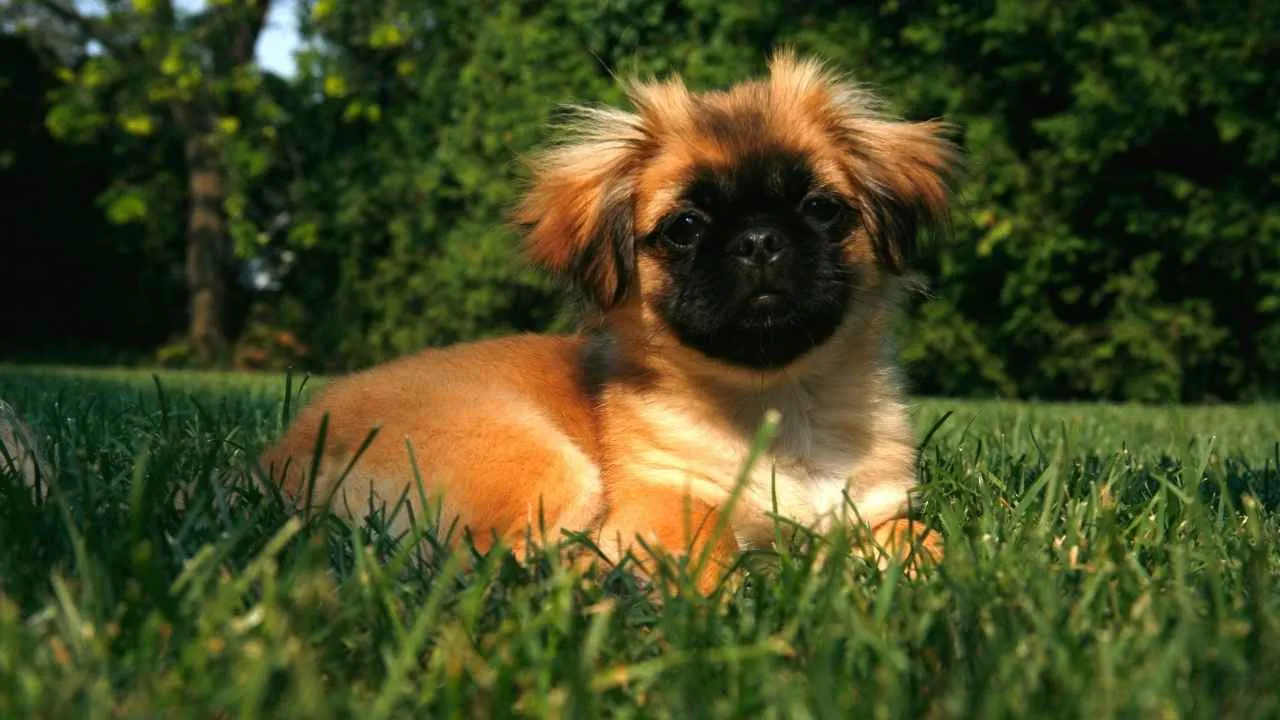
Temperament
Pekingese stand about 6 to 9 inches tall. They are small, fluffy dogs with a stubborn streak. They are naturally protective but overcompensate for their small size by acting tough.
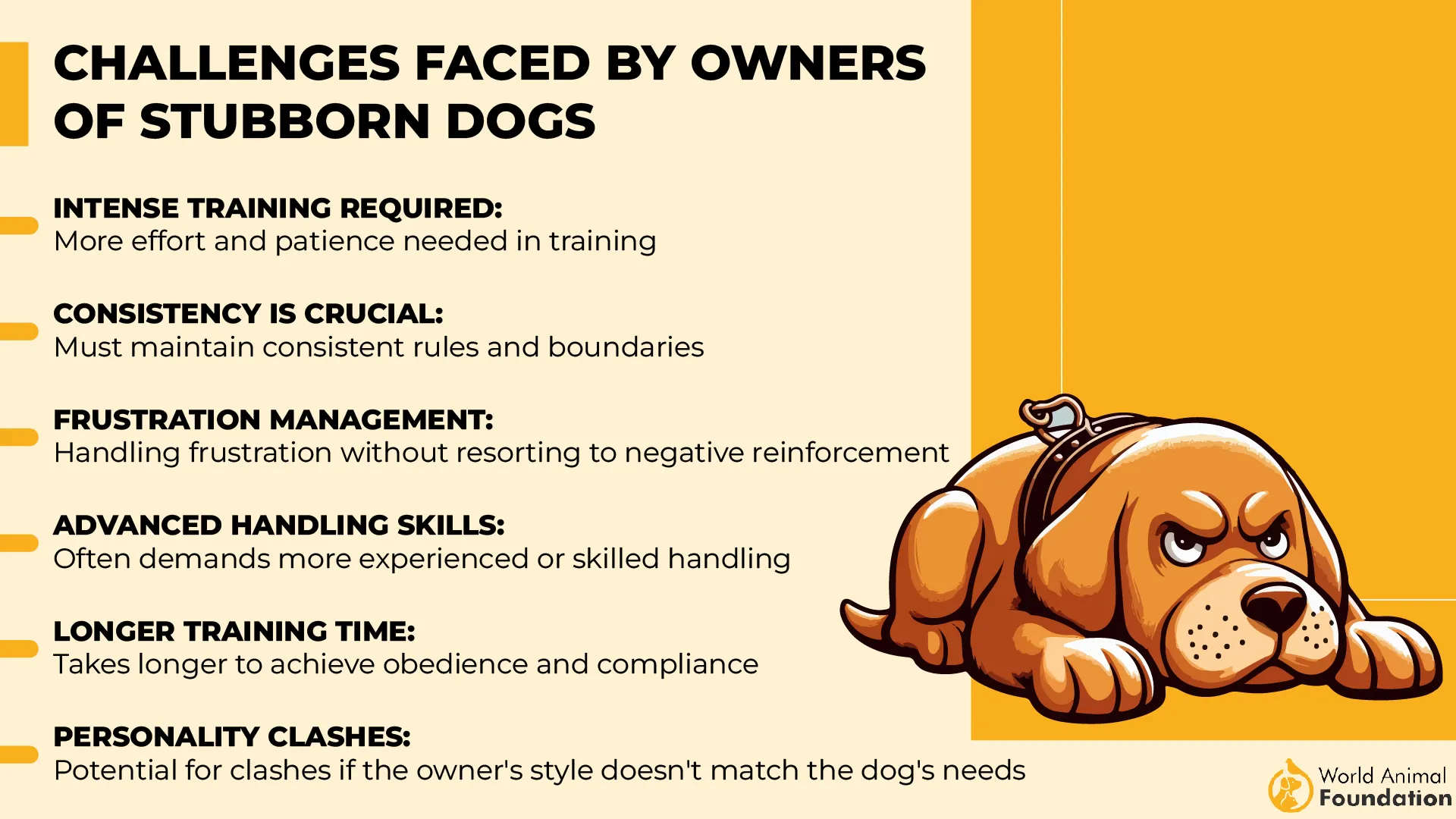
Behavioral Problems
Sometimes they pretend not to hear you or bark consistently when they need something. Despite training, they might mark territory indoors or refuse to follow the house rules. Lack of socialization can also bring separation anxiety in them, which leads to stress and results in destructive behaviors.
Training Tips
Provide them with security by not leaving them alone for long. Maintain regular walks, meals, and playtime to reduce stress. Be cautious during hot weather, as Pekingese are prone to overheating due to their flat faces and thick coats, learn how to keep them cool in summer.
2. Shih Tzu
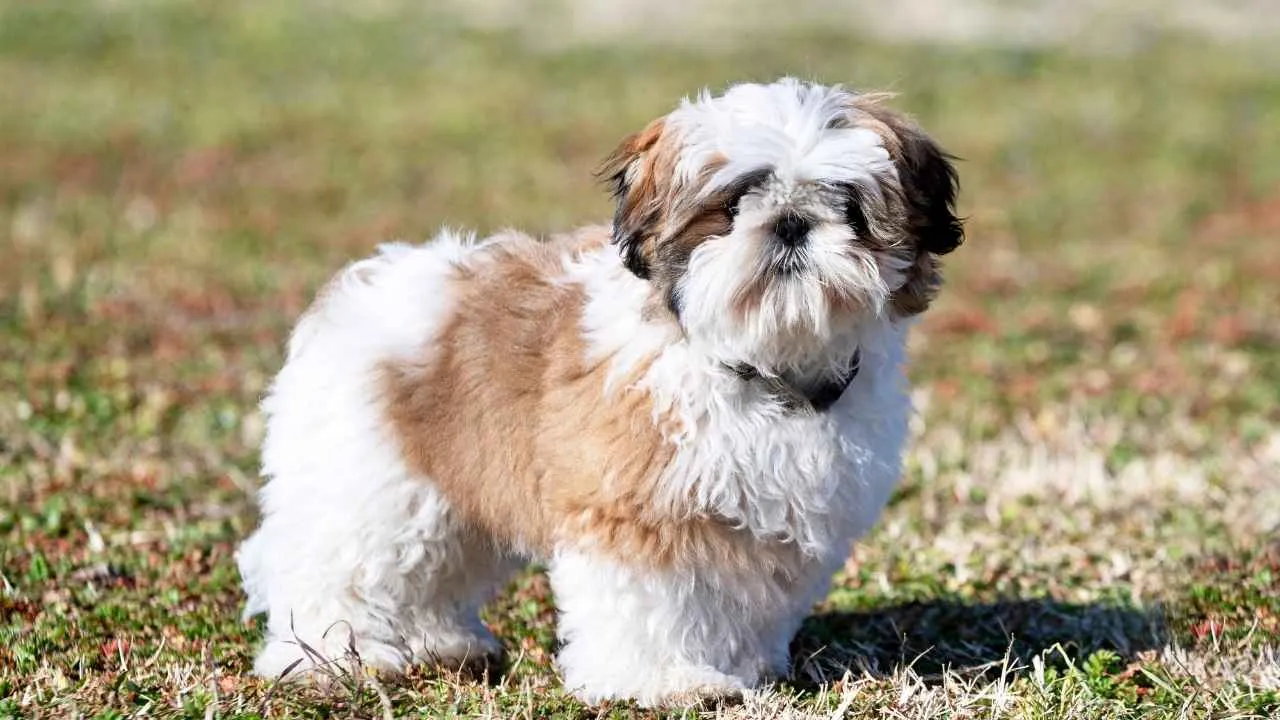
Temperament
Shih Tzus are known for their regal look and adorable personalities. It’s hard not to love these furry little pups, but you can also encounter some behavioral problems with them.
According to Petplan, keep an eye on playtime with young children; Shih Tzus don’t handle rough play well and will quickly show their discomfort.
Behavioral Problems
These furry friends need constant pampering and attention to keep them in their happy state. It is necessary to keep a primary caregiver around them. Their constant companionship might look heartwarming, showcasing their loyal nature, but this also means that they don’t go well with changes.
Training Tips
Be firm but gentle with your training. Shih Tzus thrive in calm indoor environments. Regular grooming and positive reinforcement can help them stay well-behaved and affectionate companions.
3. Brussels Griffon
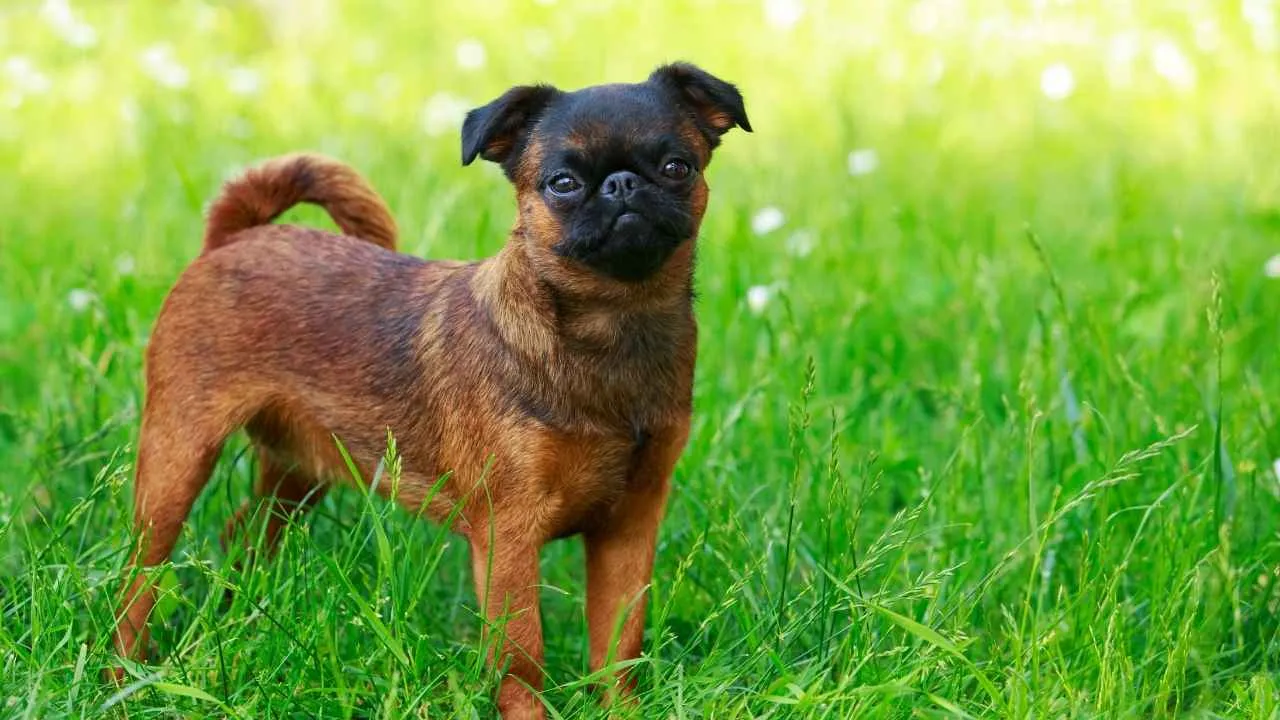
Temperament
Brussels Griffons are spirited little dogs, known for their expressive faces and larger-than-life personalities, as PetMD states.
Don’t expect them to come when called, as they are not as obedient as other companion dogs, though they can also act as guard dogs. Griffons are quite vocal and often bark to express excitement.
Behavioral Problems
They may not be the best match for very young children, as they can nip playfully when overstimulated. Without consistent boundaries, these sensitive dogs may become uncertain about acceptable behavior.
Training Tips
These pets are not so energetic, so don’t give them strenuous training. They generally don’t interact well with other pets, especially cats, which can lead to territorial disputes.
Keep training sessions short and fun to hold their attention. They don’t require intense exercise, but socialization is essential.
4. Chihuahua
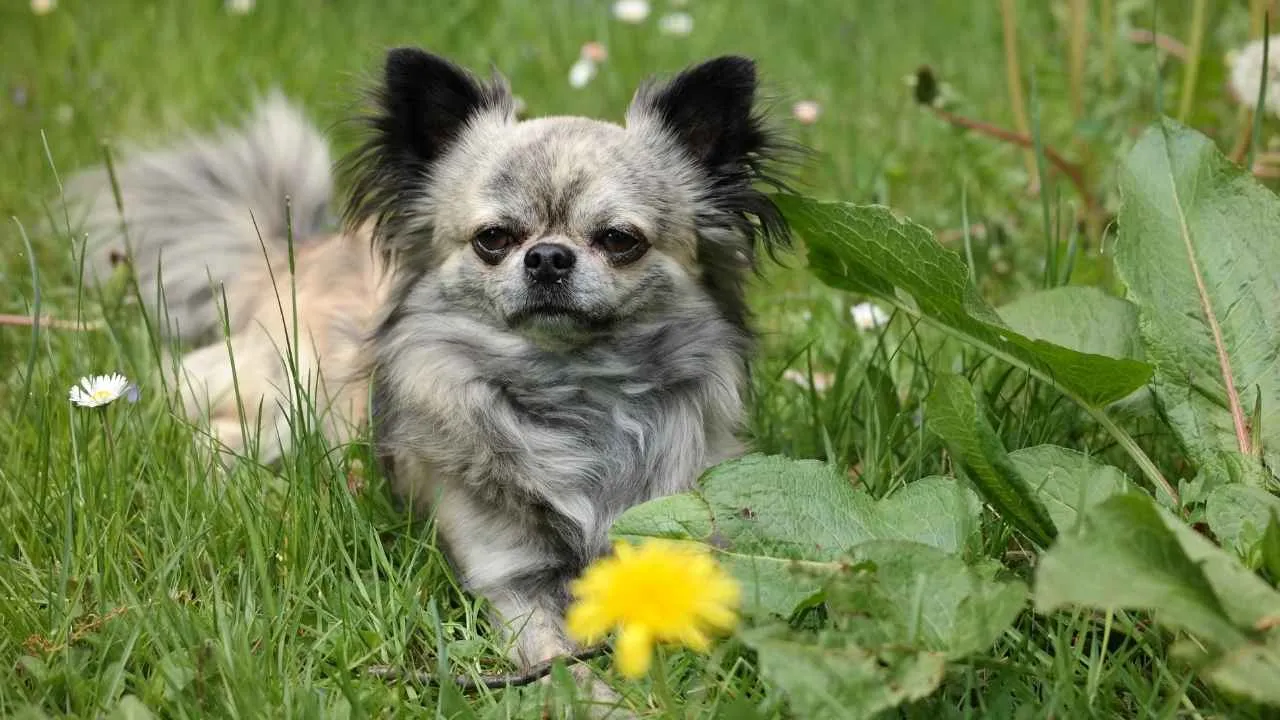
Temperament
Chihuahuas, the tiny dogs from Mexico, are affectionate yet possessive. They love attention and follow their owners everywhere, crying or whining when left alone. They love being the center of attention and aren’t afraid to show it.
Behavioral Problems
Like many dogs, Chihuahuas have excessive barking and destructive chewing issues. To help, start taking short absences and provide plenty of toys for these lonely hearts.
Training Tips
To prevent unwanted behavior, gradually introduce your dog to other dogs from a safe distance. Once they feel relaxed, you can slowly reduce the gap between them. Consistent exercise and mental stimulation will help them grow into a calm and well-behaved pet.
5. English Toy Spaniel
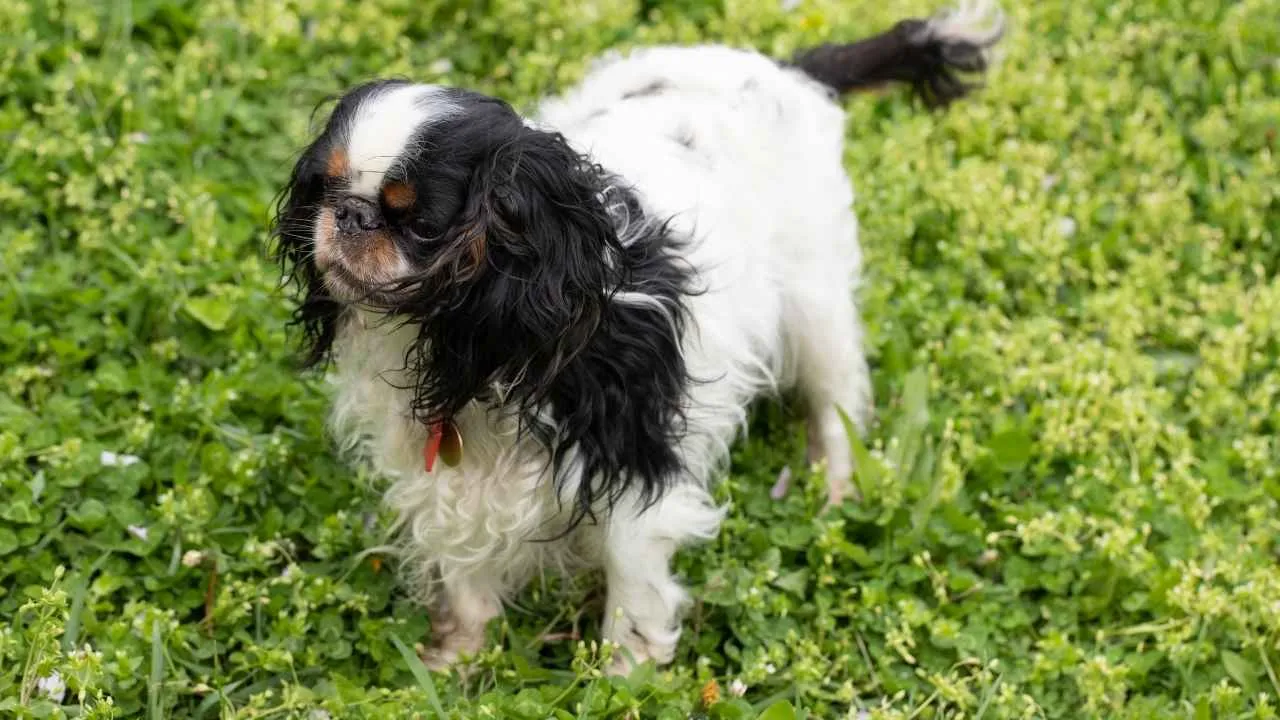
Temperament
These breeds are highly intelligent, playful, and gentle. These are admired by breeders for their gentle traits and affectionate bond with owners, and should be checked by a veterinarian to ensure good health and fitness.
Behavioral Problems
This breed has a tendency to bark, especially if they want to seek attention. Spaniels usually nip when their space is invaded. This is a habit that needs correction for a peaceful home life.
Training Tips
Teach boundaries early to prevent unwanted nipping. Regular play and socialization keep them calm and content. Basic obedience training and positive reinforcement are highly motivating for spaniels during training sessions.
6. Russian Toy
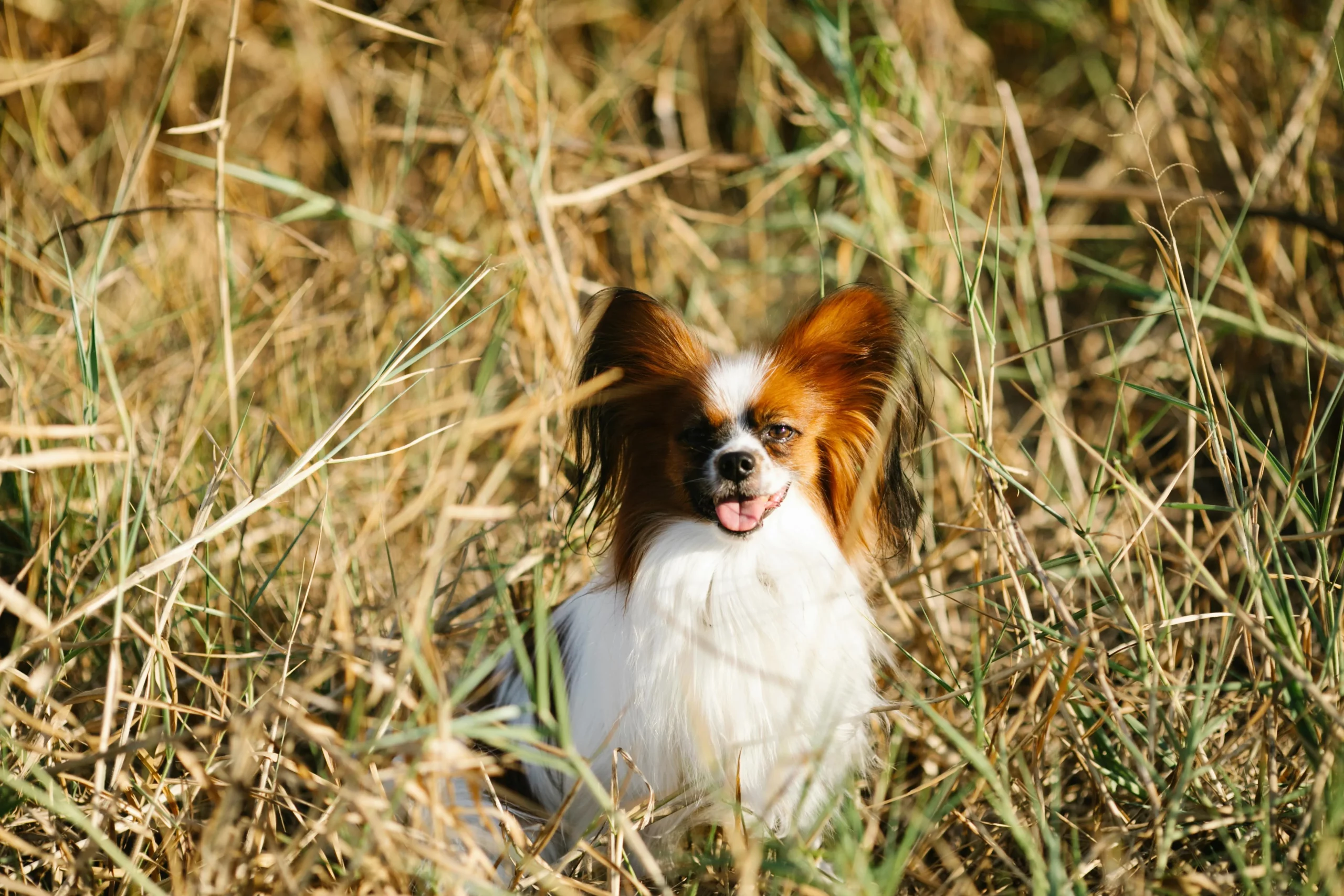
Temperament
The Russian Toy may look delicate, but these breeds are full of energy. These dogs are among the tiniest breeds in the world. This pet is quite energetic and needs regular exercise and play.
Behavioral Problems
Train them with treats and praise, not punishments. These tiny dogs learn better with love than pressure. Introduce them to different sounds, faces, and places from a young age. Maintain a daily play routine to burn their energy positively.
Training Tips
Their confident nature might not suit very young kids, who don’t know how to handle small dogs gently. If they don’t get enough playtime, they can become a little naughty and harder to manage. Getting them from reputable breeders helps ensure they grow up with a friendly and well-balanced nature.
7. Miniature Pinscher
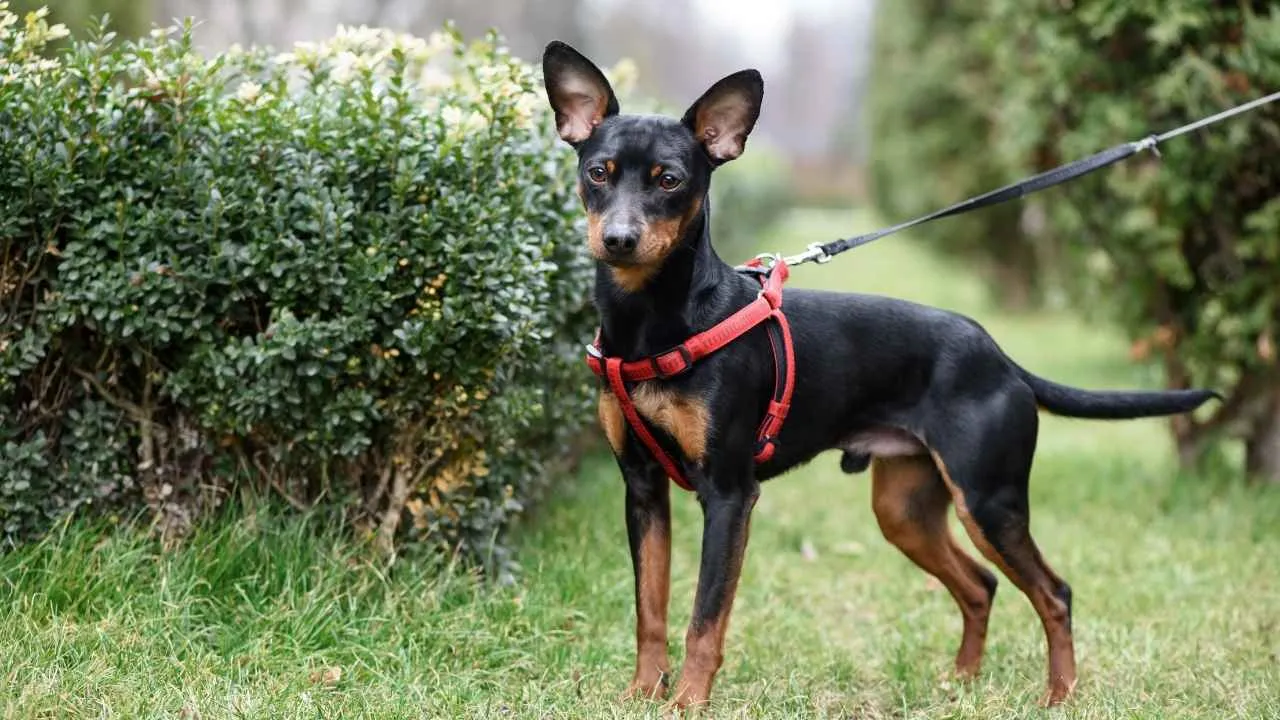
Temperament
The Miniature Pinscher may be small, but it carries itself with the confidence of a much larger dog. This lively breed is bursting with energy and curiosity. It enjoys staying active and exploring its surroundings, often trotting around like it owns the place.
Behavioral Problems
Though small but these dogs share traits with large and working breeds like the dogs bred to herd cattle, showing a desire to assert themselves, especially in new environments. Even after just one walk, a Miniature Pinscher can flip sides in mood, showing humans both its playful and feisty sides.
Training Tips
Regular walks and interactive play sessions help keep them busy and mentally sharp. Without enough activity, their endless energy can become overwhelming for some owners.
Conclusion
While labeled “worst-behaved”, these toy dog breeds primarily suffer from behavioral and emotional needs rather than defiance. Every small dog tells a big story; they may face inconsistent discipline due to their size, not because they are inherently disobedient.
Small dogs require consistent training, attention, and mental stimulation, not punishment. Understanding their psychology helps turn stubborn pups into loving companions. The dog feels comfortable in a familiar environment.
Adopt wisely, especially if considering a toy breed, and remember that patience, care, and proper routine can make any dog breed a joyful family member.


